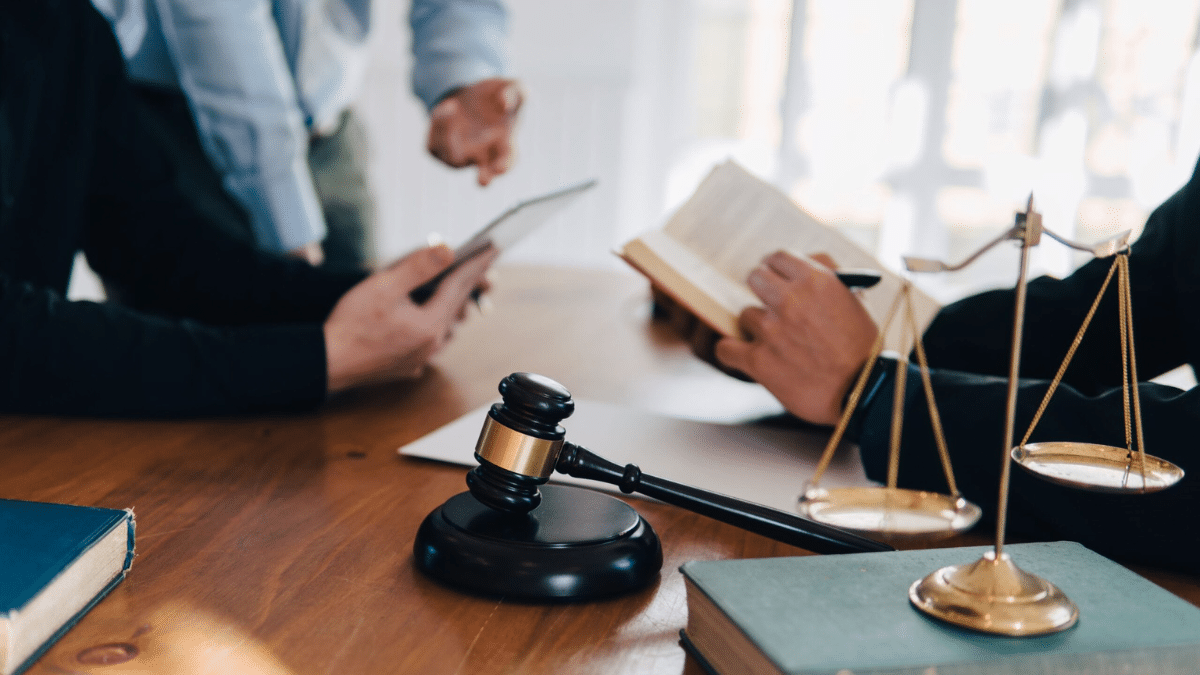A personal injury settlement is about regaining control after everything feels like it’s falling apart. If you’ve been hurt in an accident, chances are you’re dealing with more than just physical pain. Medical bills stack up. Time off work starts to hurt your wallet. And you may feel stuck between wanting to move on and not knowing where to start. Knowing how to maximize your personal injury settlement after an accident is one of the best things you can do to fight back.
Contents
The Importance of Immediate Medical Care
Right after an accident, it’s easy to brush things off if the pain hasn’t fully set in yet. But waiting to see a doctor is one of the fastest ways to hurt your claim. Insurance adjusters look for any excuse to say your injuries aren’t related to the accident. The longer you wait, the easier it is for them to argue that something else caused your pain.
Getting checked out quickly creates a medical record that clearly ties your injuries to the incident. It also helps doctors catch internal injuries or issues that may not show up right away. Following through with your treatment (whether that’s physical therapy, imaging scans, or specialist visits) adds even more strength to your case. It shows that you’re taking your recovery seriously, and that your injuries are real, ongoing, and disruptive.
Documentation Is Everything
You might not think of receipts, reports, or appointment notes as powerful tools, but in a personal injury case, they’re your strongest weapons. Every detail you document helps tell the full story of how the accident affected your life.
Start by saving all official records, like police reports and medical evaluations. These documents provide an objective snapshot of what happened and how severe your injuries are. Next, gather proof of your out-of-pocket expenses, like medication, assistive devices, or travel to and from appointments. If you’ve missed work, keep pay stubs or get a note from your employer outlining your lost income.
And here’s something people often overlook: your personal experience matters too. Keeping a journal of your pain levels, mood changes, and daily limitations helps illustrate the emotional and physical toll the accident has taken. That kind of firsthand insight is hard to ignore during negotiations.
Know What You Can Be Compensated For
Your settlement should reflect every loss you’ve suffered, not just the ones with a dollar sign attached. A lot of people underestimate the full value of their claim simply because they don’t realize what qualifies as “damages.”
Of course, there are direct financial losses like medical bills and missed paychecks. But you can also recover compensation for emotional suffering, chronic pain, and the loss of enjoyment in your day-to-day life. If you’re dealing with long-term injuries or permanent limitations, that needs to be factored into your future financial needs as well.
The key is to think about the full impact of the accident, both today and years down the road. A good settlement looks ahead, not just backward.
Building a Strong Liability Case
No matter how serious your injuries are, you won’t get far without proving who was at fault. That’s why liability is such a core part of every personal injury case.
You’ll want to lean on police reports that explain what happened and, ideally, assign blame to the other party. Witnesses who saw the accident unfold can also make a huge difference. If it comes down to a dispute, their independent account helps break the tie. In some cases, bringing in experts, like accident reconstruction specialists or medical professionals, can help show how and why the other party’s actions led directly to your injuries.
The stronger your liability argument, the harder it is for insurance companies to downplay or deny your claim.
Mistakes That Can Cost You
Even with solid evidence, a few missteps can take a big bite out of your settlement. And most people don’t even realize they’re making them.
One of the biggest mistakes is agreeing to a recorded statement for the insurance company without legal guidance. It may seem harmless, but adjusters are trained to ask questions in ways that can twist your answers. Another trap? Posting updates on social media. Even a casual post about “feeling better” can be used against you later to suggest your injuries aren’t serious. And lastly, never accept an early settlement offer before understanding your full medical situation. Once you sign, that’s it you can’t go back for more, even if new complications arise.
Avoiding these traps is one of the biggest reasons to work with a lawyer who knows what to look out for.
Maximize It to the Max
Maximizing your settlement means making the right moves from the start. Immediate medical care, clear documentation, smart negotiation, and avoiding costly mistakes all work together to protect your future.

